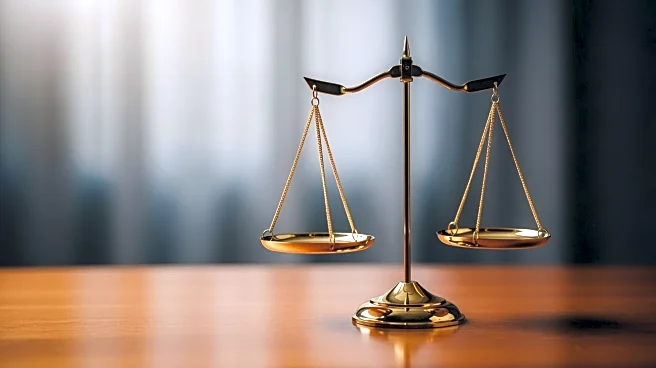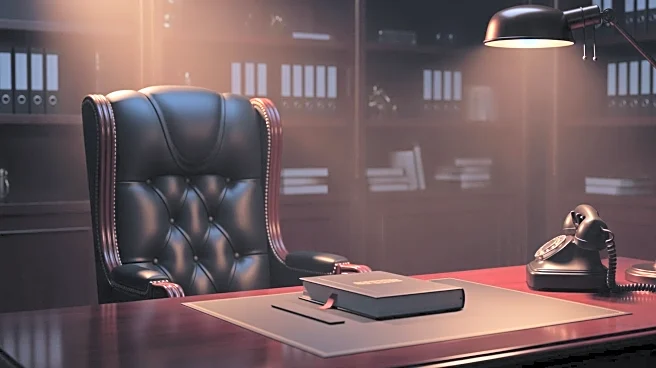What's Happening?
The Trump administration has filed an emergency appeal with the Supreme Court to allow it to dismiss Shira Perlmutter, the director of the U.S. Copyright Office. This move follows a decision by a federal
appeals court in Washington that ruled Perlmutter could not be unilaterally fired. The administration argues that despite the office's ties to Congress, the director wields executive power in regulating copyrights. Perlmutter claims she was dismissed due to her advice to Congress on artificial intelligence, which President Trump reportedly disapproved of. The case highlights ongoing tensions over the administration's authority to appoint and remove federal agency heads.
Why It's Important?
This case underscores the broader issue of executive power and its limits, particularly concerning the appointment and removal of federal officials. The outcome could have significant implications for the independence of federal agencies and their ability to operate without political interference. If the Supreme Court sides with the administration, it could pave the way for increased executive control over federal agencies, potentially affecting their ability to function impartially. This could impact various sectors, including intellectual property and technology, where the U.S. Copyright Office plays a crucial role.
What's Next?
The Supreme Court's decision will be pivotal in determining the extent of the administration's power to dismiss federal officials. The case could set a precedent for future administrations and influence how federal agencies are managed. Stakeholders in the intellectual property sector and legal experts will be closely monitoring the case, as its outcome could affect the regulatory landscape and the balance of power between the executive branch and Congress.










